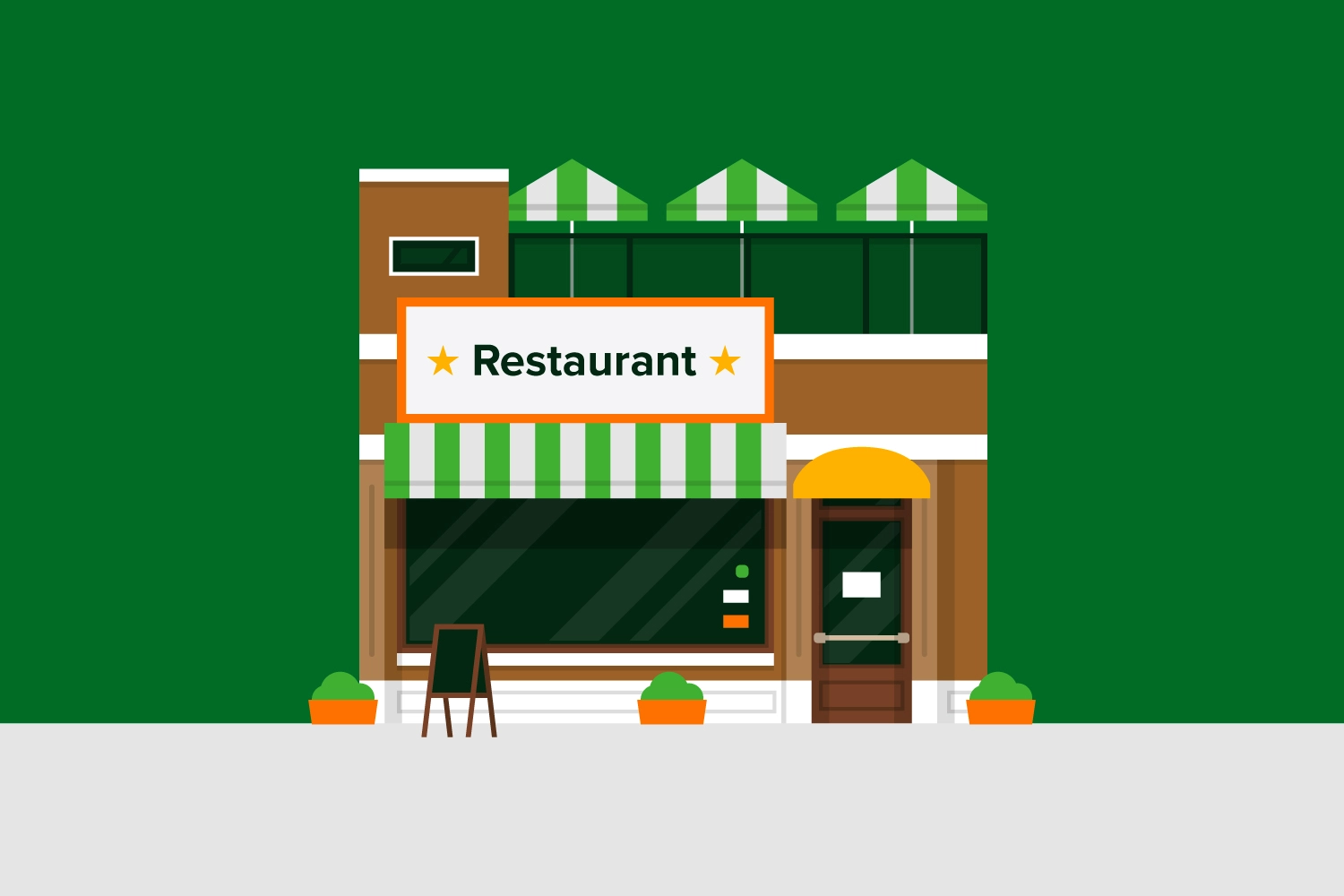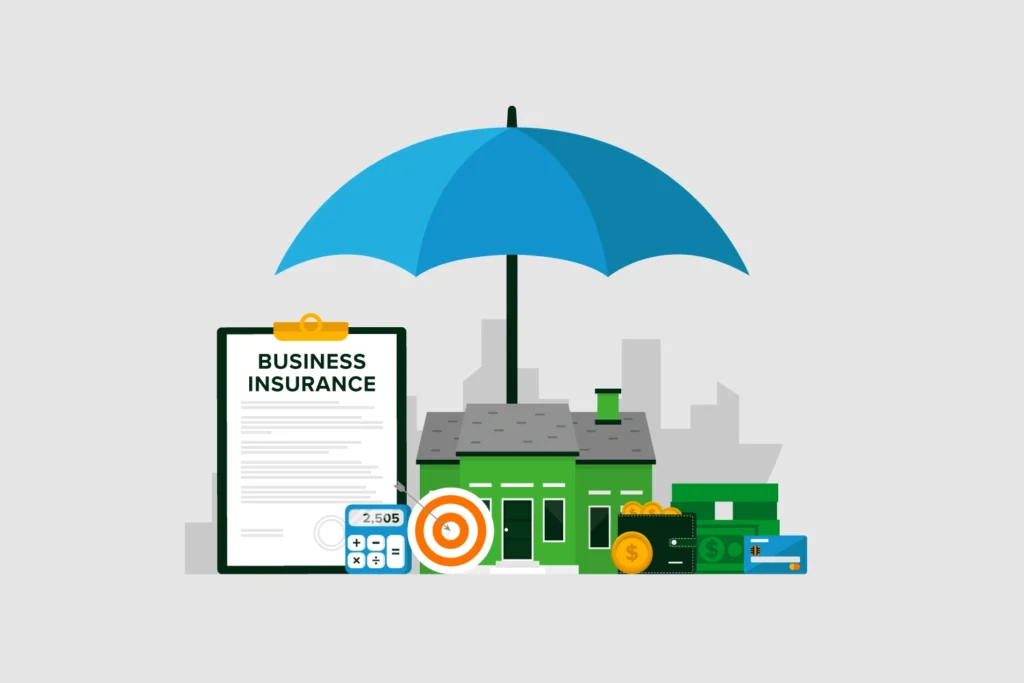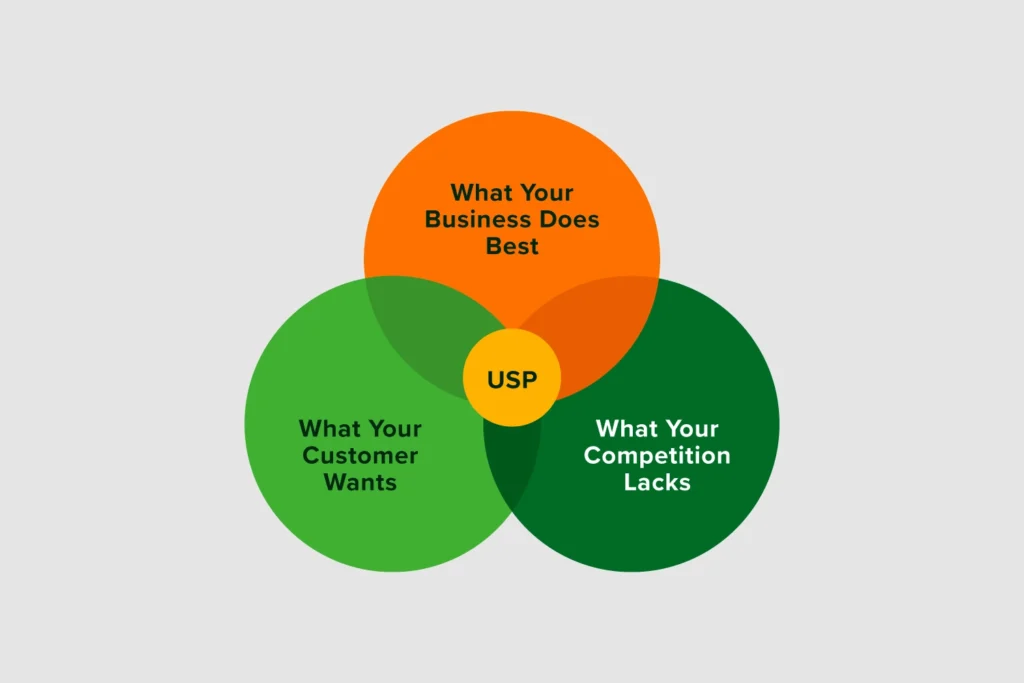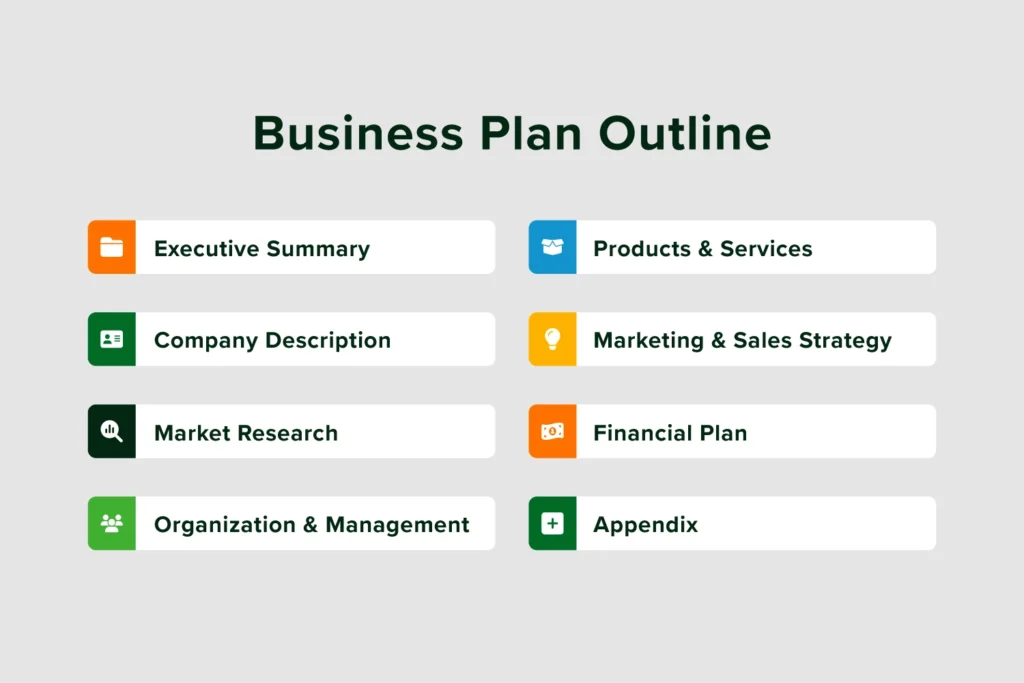Disclaimer: The articles published here on the City of Eau Claire Economic Development Division website are meant to be a helpful starting point as you explore doing business in our community. They’re not the final word on requirements or what’s best for your unique situation. We always recommend checking in with legal, financial, or other professionals for advice tailored to your business.
Choosing a location for your new business can feel a bit like matchmaking. You’re looking for the right fit, and not just for your budget, but for your customers, your day-to-day operations, your interior design style, and your long-term goals. Eau Claire, Wisconsin offers a lot of variety when it comes to commercial spaces, which is great… but it also means there’s a lot to consider before signing that lease.
Whether you’re opening something from scratch or expanding an existing business, the space you choose can shape everything from your visibility to your bottom line. Here are a few things to think about as you explore your options.
Think About Your Customer Base
Before you fall in love with a location, take a step back and think about who you’re trying to serve. Where do your customers live, work, and spend their time? Your business will have a better chance of success if it’s convenient and accessible to the people you want to attract.
If you’re targeting college students, areas near UW-Eau Claire like Water Street or the Third Ward offer built-in foot traffic, late-night energy, and proximity to student housing. Businesses like cafés, grab-and-go food spots, and thrift stores often thrive in these settings.
On the other hand, if you’re focused on families or young professionals, you might look at more residential neighborhoods like East Hill, North Crossing, or Prairie Park. These areas are home to schools, parks, and growing housing developments—making them a solid match for daycares, fitness studios, family-friendly restaurants, or healthcare services.
Downtown Eau Claire has become a hub for boutique retail, creative businesses, and destination dining, thanks to the area’s mix of walkability, cultural attractions, and community events. If your business benefits from strong visibility or weekend traffic, it’s worth exploring what’s available downtown.
Ultimately, your ideal location depends on who your audience is and how they live their lives. When in doubt, spend some time in different parts of town. Grab a coffee, talk to other business owners, and picture your customers walking through your doors.
Visibility & Accessibility Matter
It might sound obvious, but it’s one of those things that’s surprisingly easy to underestimate: How easy is it for people to find you and get to you?
A location with high visibility, whether it’s on a well-traveled road or in a walkable part of town, can give you a major head start. In some cases, your storefront itself becomes part of your marketing strategy. Eye-catching signage, a steady stream of passing cars or pedestrians, and a spot that’s easy to describe (“next to Phoenix Park” or “just off Clairemont Avenue”) can all make it more likely that new customers will stop in.
On the flip side, a tucked-away location—like an office park with little signage or a unit at the end of a strip mall—can make it harder for people to find you, especially if you’re just getting started and don’t have much name recognition yet. That doesn’t mean those locations are a bad idea, but you’ll want to have a plan for how to drive traffic your way, whether it’s through digital marketing, community partnerships, or targeted events.
Parking is another big one. If your customers can’t easily find a place to park or if they have to pay or walk too far, they might just move on. Look at how many spots are available, whether they’re shared with other businesses, and whether there’s street parking nearby. And if you expect foot traffic from public transportation, check out the nearest bus stops and how well-connected the area is.
Accessibility matters too—especially for customers with mobility challenges, parents with strollers, or delivery drivers carrying heavy loads. Are there ramps or automatic doors? Is there a loading zone or back entrance for suppliers? These details can make a big difference in how smoothly your business runs day to day depending on your industry.
In short, your space should be functional, welcoming, and easy to get to. That alone can make a lasting impression on your customers.
Zoning, Zoning, Zoning
Zoning may not come to mind when you picture launching your dream business, but it’s one of the most important boxes to check early in the process.
Every property in Eau Claire is assigned a zoning classification that determines how it can legally be used. Some areas are zoned for retail, others for manufacturing, housing, office space, or a mix of uses. That means the perfect-looking storefront might not actually be approved for the type of business you want to run, or it might require a special permit or exception to move forward.
For example, if you’re planning to open a coffee shop, you’ll need a commercial space that’s zoned for food service. If you want to manufacture goods, you may need a light industrial zoning designation. Or if you’re looking at setting up a home-based business, there are still rules that apply based on the size and nature of your operations.
Changing the zoning of a property or applying for a conditional use permit is possible in some cases, but it takes time, involves public meetings, and doesn’t come with any guarantees. That’s why it’s a smart move to talk to the City of Eau Claire Planning Division early, even before you sign a lease or make an offer. They can confirm whether your proposed use is allowed and walk you through what’s possible and what’s not based on the location.
And if zoning feels like a foreign language? Reach out to the City Planning Division, and their staff will help you navigate the process or connect you with the right partners. Getting zoning right from the start can save you a lot of time, money, and stress down the road.
Condition & Cost of Space
It’s easy to get swept up in a space that looks right. Maybe it has exposed brick, great windows, or just the right amount of charm. But before you commit, take a closer look: What will it actually take to get this space ready for business?
For some businesses, moving in might be as simple as a fresh coat of paint and new signage. For others, especially food-based businesses, salons, or health and wellness providers, you might be looking at a full buildout, including specialized plumbing, ventilation, or equipment installation. That’s a major cost to factor into your startup budget.
You’ll also want to clarify who’s responsible for what. Are you expected to pay for utilities, snow removal, property taxes, or maintenance? Or are some of those expenses covered by the landlord as part of your lease? Understanding the full financial picture up front can help you avoid unpleasant surprises later on.
And of course, rent matters. A beautifully finished space in a trendy part of town might be tempting, but if it eats up too much of your monthly revenue, it could put unnecessary pressure on your business early on. Sometimes, a more affordable space in an up-and-coming area or one that needs a little elbow grease can offer a better long-term payoff.
This is where it pays to work with someone who knows the Eau Claire market. A commercial broker or even an experienced business mentor can help you compare options, spot hidden costs, and negotiate more favorable lease terms. And if the space needs updates? Don’t be afraid to ask about tenant improvement allowances. Many landlords are open to contributing toward renovations, especially if you’re bringing value to the building or neighborhood.
Bottom Line: Make sure the space works for your business and your budget. A little due diligence now can save a lot of headaches later.
Location-Related Grants & Incentives
It’s always smart to ask: Can this location work harder for your bottom line? In some parts of Eau Claire, especially areas targeted for redevelopment or economic growth, there may be financial incentives available to help offset your startup or expansion costs. These programs are designed to attract investment, fill vacant spaces, and support businesses that contribute to the vitality of the surrounding community.
One example is Tax Increment Financing (TIF) districts. These are areas where the City reinvests new property tax revenue back into local improvements, covering things like infrastructure, streetscaping, or even gap financing for certain development projects. If you’re locating in or near a TIF district, it’s worth exploring whether your project might qualify for support.
There are also sometimes downtown-specific programs that encourage new businesses to activate ground-floor storefronts, renovate historic properties, or improve signage and façades. While WEDC’s Main Street Bounceback Grant (which offered up to $10,000 for businesses opening in vacant downtown spaces) has ended, other tools and local partnerships, such as BID Beautification Grants and low-interest façade loans from the City of Eau Claire continue to support business growth in Eau Claire’s core districts.
Depending on your business type and location, you might also qualify for state-level funding through Wisconsin Economic Development Corporation (WEDC) or federal programs aimed at supporting rural businesses, minority- and women-owned enterprises, or specific industry sectors like manufacturing, childcare, or the creative economy.
These opportunities can change frequently, so if you’re wondering what might be available or how to qualify, reach out to the City early in your planning process. We’re happy to help identify current programs, guide you through the application steps, or connect you with the right partners. After all, every little bit helps, especially when you’re building something new from the ground up.
Your Neighbors Matter Too
It might not show up on a spreadsheet, but the businesses around you can have a big impact on your success. That’s why it’s worth asking: What kind of business community am I joining?
Think about the types of customers nearby businesses attract. Are they the same people you’re trying to reach or at least complementary? For example, a wellness studio might benefit from being near a smoothie bar, activewear apparel shop, or a local gym. A boutique clothing store might do well next to a coffee shop or salon, where customers are already in a browsing mindset.
At the same time, consider potential competition. A little overlap isn’t necessarily a bad thing. In fact, clusters of similar businesses can create destination areas (think: restaurant rows or antique districts). But you’ll want to make sure there’s enough demand to support multiple players in your niche.
And don’t overlook the energy and vibe of the neighborhood itself. Do you feel excited when you walk the block? Are the sidewalks clean, the storefronts active, and the people welcoming? That atmosphere can influence everything from customer behavior to employee satisfaction.
Eau Claire is full of distinct commercial pockets, each with its own feel. Downtown is walkable and event-driven, Water Street caters to a younger crowd, Clairemont Avenue sees high traffic and big-box energy, while spots like Farwell Street or West Grand Avenue offer a mix of old-school charm and new development. One of the best ways to learn what each are really like is to walk around. Talk to other business owners. Grab a coffee and people-watch. You’ll get a sense of whether you can see yourself and your business fitting into the daily rhythm of the area.
Remember, you’re not just choosing a building. You’re joining a community. Make sure it’s one that feels like a good fit.
To Sum It Up: Location Shapes Everything
The right location can help your business thrive from day one, and the wrong one can make things harder than they need to be. Thankfully, you don’t have to figure out where you should set up shop alone. Our partners work with entrepreneurs every day to help them find locations that match their goals, and the City of Eau Claire Economic Development Division (That’s us!) is always happy to connect you with tools, resources, or people who can help make the search a little easier.
Article Cover Illustration by Freepik





